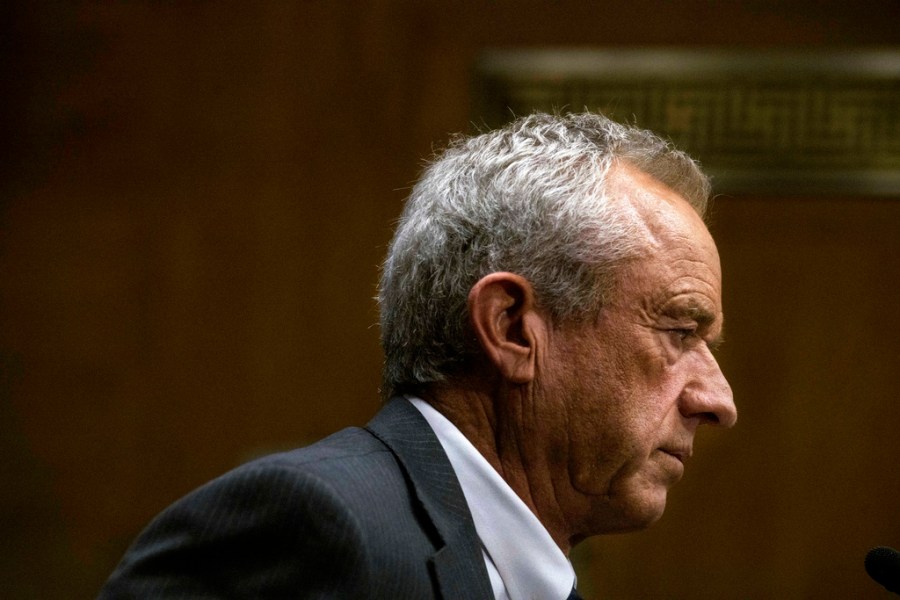Robert F. Kennedy Jr.’s nomination for Secretary of Health and Human Services (HHS) has advanced to a full Senate vote following a party-line approval by the Senate Finance Committee. However, significant concerns remain regarding Kennedy’s potential conflicts of interest, particularly his financial stake in vaccine-related litigation.
Key Points:
1. The Senate Finance Committee voted 14-13 along party lines to advance Kennedy’s nomination.
2. Kennedy’s history of spreading health misinformation and vaccine skepticism has been a major point of controversy.
3. Senators have raised concerns about Kennedy’s ongoing financial interests in vaccine litigation.
4. Kennedy has agreed to divest his interests in certain cases, but plans to transfer them to a family member.
Background:
Robert F. Kennedy Jr., an environmental lawyer and anti-vaccine activist, was nominated by President Donald Trump for the position of HHS Secretary. His nomination has been controversial due to his history of promoting unsubstantiated health theories and his financial ties to vaccine litigation.
Conflict of Interest Concerns:
Senators Elizabeth Warren (D-MA) and Ron Wyden (D-OR) have been particularly vocal about Kennedy’s potential conflicts of interest. They expressed concerns that his financial interests in vaccine-related lawsuits could influence his decision-making as HHS Secretary. During his confirmation hearing, Kennedy was pressed on whether he would commit to not profiting from lawsuits against drug companies while serving as Secretary and for four years afterward. Kennedy agreed not to take fees from drug companies while serving as Secretary but refused to commit to not suing drug companies or taking fees from such lawsuits.
Kennedy’s Response:
In response to these concerns, Kennedy has agreed to divest his interests in cases he has referred to the WisnerBaum law firm. However, he plans to transfer these interests to a “non-dependent, adult family member,” which has not alleviated lawmakers’ concerns about potential conflicts of interest.
Importance and Potential Impact:
The HHS Secretary plays a crucial role in shaping public health policy in the United States. If confirmed, Kennedy would have significant influence over vaccine policies, drug approvals, and other critical health matters. His history of promoting controversial health theories and his financial ties to vaccine litigation raise questions about how these factors might influence his decision-making in this role.
Different Perspectives:
Supporters of Kennedy argue that his outsider perspective and willingness to challenge pharmaceutical companies could bring needed reform to HHS. They believe his commitment to “good science” could improve vaccine safety and efficacy. Critics, including many public health experts and lawmakers from both parties, worry that Kennedy’s views on vaccines and his financial interests could undermine public health efforts and erode trust in vital health institutions.
Conclusion:
As Kennedy’s nomination moves to a full Senate vote, the debate over his suitability for the role of HHS Secretary continues. The controversy surrounding his potential conflicts of interest highlights the complex relationship between personal financial interests, public health policy, and government ethics. The outcome of this nomination could have significant implications for U.S. health policy and public trust in health institutions.









